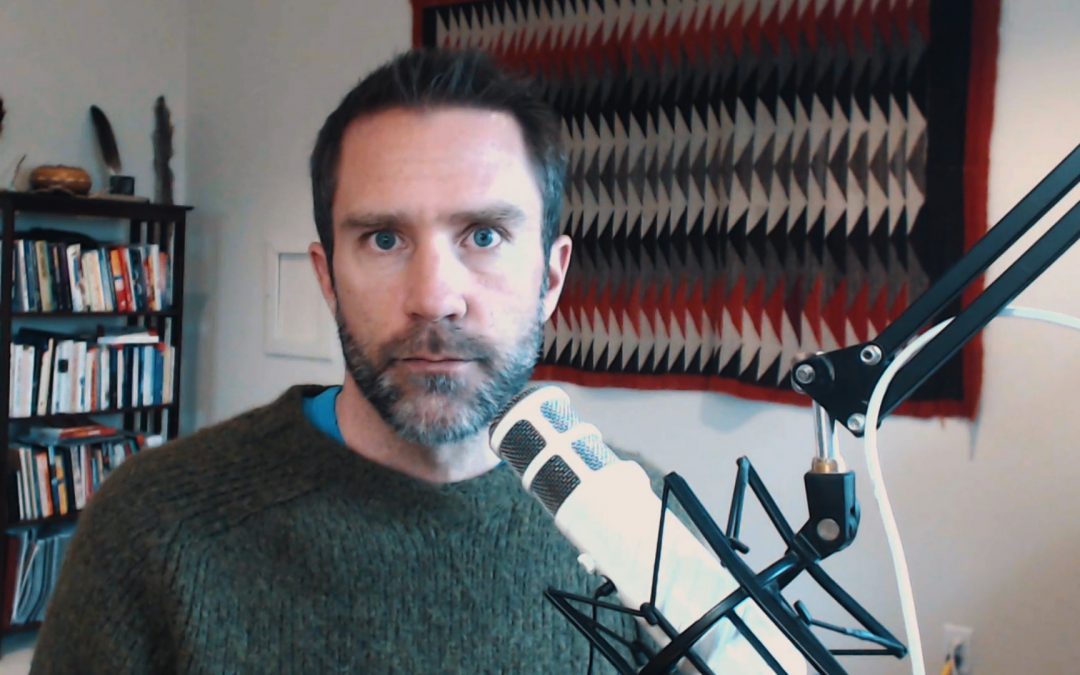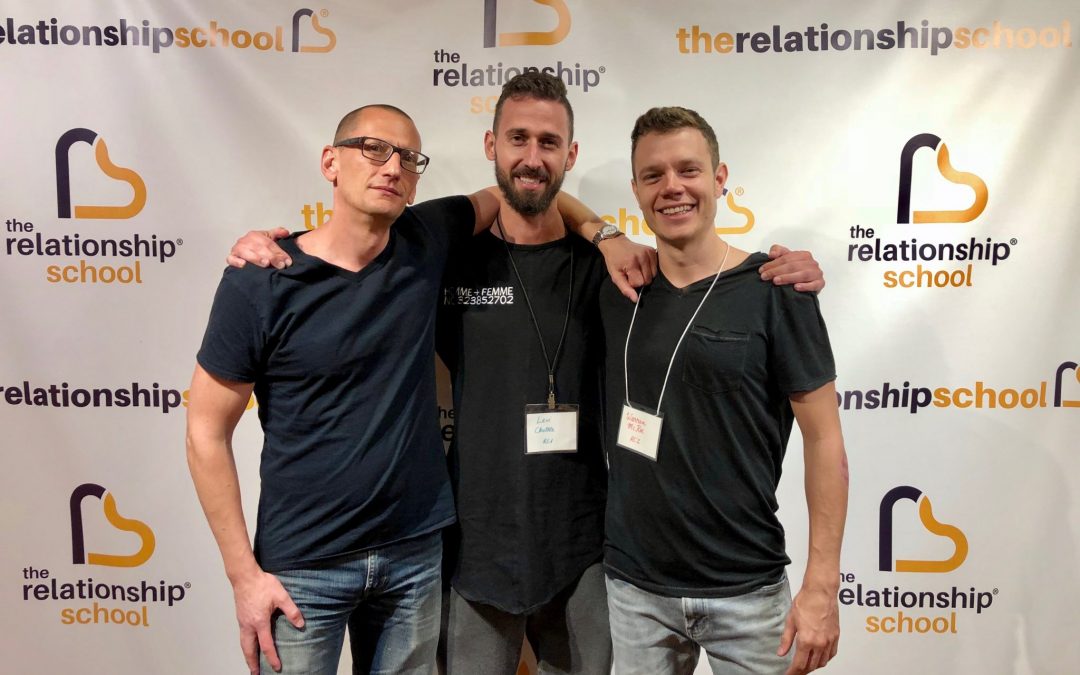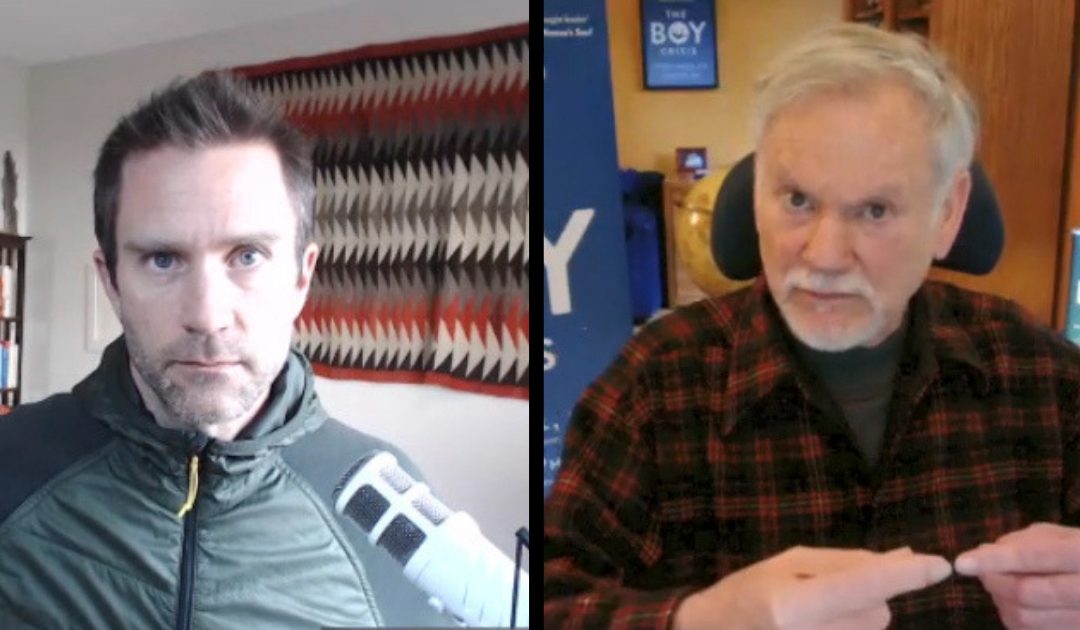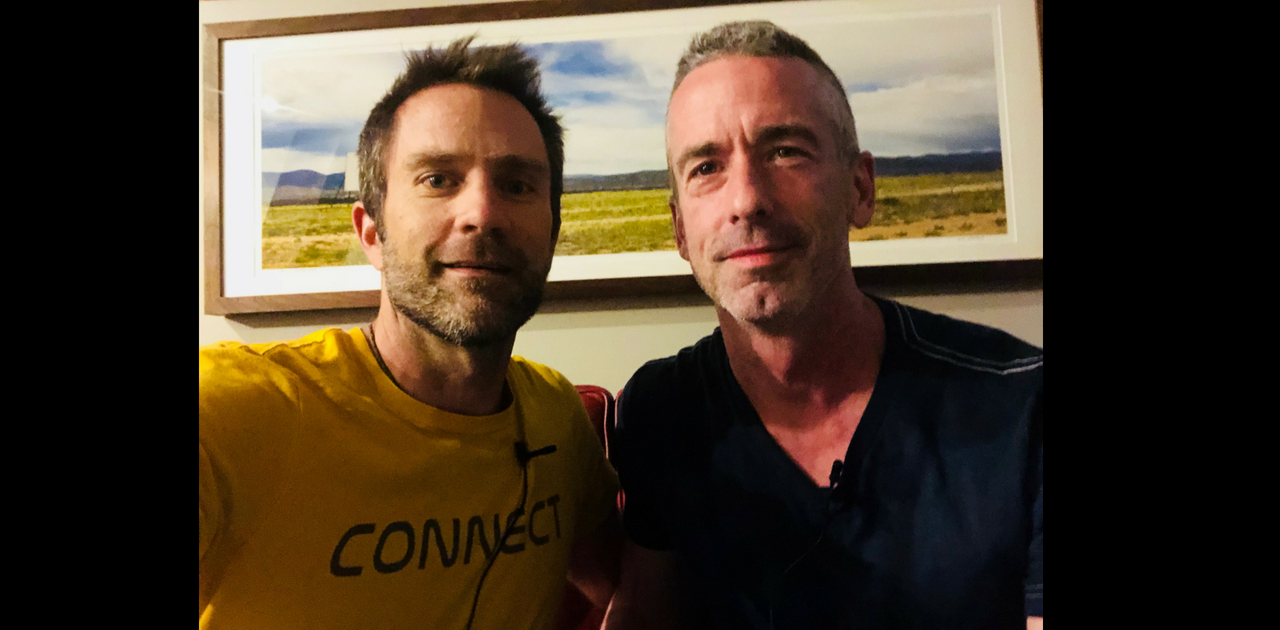The Relationship School is Helping Veterans
Did you know that, according to the American Psychological Association, nearly 25% of service members returning from Operation Enduring Freedom and Operation Iraqi Freedom have reported symptoms of PTSD? And did you know that most veterans come home and their marriages and relationships fall apart?
Warren McKee was one such veteran who lost his family, became addicted to drugs, and ….Warren’s life fell apart. More on Warren’s story here.
But then in 2016 Warren signed up for The Relationship School and his life completely transformed.
Now, Warren is a Certified Level 1 Relationship Coach that’s taking the tools he’s learned at The Relationship School to teach veterans in Austin, TX how to communicate with their partners.
“I’m providing some street-level tools from The Relationship School to people who may find it challenging, or even impossible, to communicate to their partners.”
Along with the help of a therapist, Warren is providing tools to veterans and their partners to show them how to better communicate with individuals that suffer from PTSD (post-traumatic stress disorder).
If you think it’s hard to communicate with your partner, try attempting to do so while having flashbacks of war or being triggered by certain tones in someone’s voice. Damn!
Yet, Warren claims these veterans are learning how to tame their hyperactive brains by listening to others using the tools he’s teaching.
“These tools are showing them what being present in a conversation looks like, what that feels like. It’s amazing to witness.”
The power that feeling understood holds is incredible.
These veterans are feeling understood by their partners for the first time, and vise versa for their partners, and it’s transforming their lives.
When was the last time you felt truly understood by someone? Do you remember what that felt like?
All our victim stories show their true colors when we feel understood and we get to recognize their limitation if we choose.
It may be the greatest gift you can give to another to listen to them until they feel understood. This understanding gives rise to the gifts of presence and connection for those involved.
If these traumatized veterans can lean into their fears of communication and use these tools to connect with their partners then so can you.
Are you ready to learn the tools you need to get into deeper connection with your partner and yourself?
Check out The Relationship School for podcasts, blogs, and products in all things relationship, and check out the coaching page to schedule a call with one of the fantastic Relationship Coaches to support and challenge you to be your best self while getting the connection you deserve.
If you want to get schooled in relationships like Warren did, check out DPIR (the Deep Psychology of Intimate Relationships) to get the class you were never taught in school.
Wanna learn more about how you can get involved with your local vets center or how to connect with other resources available to vets in your area? Reach out to Warren at [email protected] and find out how.
———————————————-
In the featured photo, from left to right, are veterans Steve Srotir, Levi Chettle, and Warren McKee at an event for The Relationship School.
Warren McKee served in Baghdad, Iraq from 2007-2008 in the 186th Military Police Company. He was honorably discharged from the Army National Guard. Find out more about him and his coaching services here.
Levi Chettle was stationed in Fort Benning and went on 3 deployments in support of Operation Enduring Freedom in Afghanistan. He was deployed to Kandahar and the Helmand Province, and served in the 75th Ranger Regiment, 3rd Ranger Battalion, A Company. Check out Levi’s Relationship Coaching services here.
Steve Srotir served as part of Operation Restore Hope in Somalia, Africa with the 7th Marines of 29 Palms, CA. He provided security for international care operations in Mogadishu, Bardera, and Baidoa. Here’s what he had to say, “there’s a beauty in what’s happening at The Relationship School. Everyone here is working together as a team, learning and practicing skills until they become second nature. There’s no fluff. It’s intense at times. We are training for real-life scenarios and all the moving parts involved. And like the Marines, it’s not for everyone. The Relationship School is for people who are dedicated, focused, and willing to do what it takes to develop real-world relational fitness.” – Steve Srotir, United States Marine Corps Veteran
Emotionally Shut Down Men
Today I felt the most shut down I’ve felt in months.
I mean super shut down (due to a combination of factors and triggers).
I’m mostly on the other side now, but I had to go work with myself in nature for a bit. Thank God I have incredible tools. *relief*.
The feeling of being shut down is strangely comfortable even though it’s also miserable at the same time. Comfortable because I spent many, many years, very shut down and emotionally jammed up and I’m simply used to it.
Miserable because of the impact on those I love the most—my wife, kids, and myself. The misery is palpable. When I used to be shut down, like I was today, I don’t even want to be inside my skin.
My face is tight and hurts.
My affect is flat, numb, non-respondent.
My mind is muted and distant.
It’s like a deadzone and I’m far away, hard to reach.
Back in the day, shut down was my go-to emotional state.
And, since I had no idea how to really deal with myself, I would just go drink, get high, jerk off, or go do some extreme sport to take the edge off. I never dealt. My girlfriends at the time often made it about them, and so did I.
I know, lame right?
If you are dating a shut down man like I used to be, this could be part of what’s going on inside his head…
The saddest part of this is how many men are completely shut down, day after day after day. Like my former self, they have no tools and no support, nor do they want any.
Many don’t even know that it could be different.
Their conditioning has imprisoned them. And, the ones that do want help, might not seek support because that’s “fucking weak”. Then, these angry, shut down men get blamed, shamed, and made wrong by many of us do-gooders. “Why are men today so….?” Or “Men are so ________.” I have to look at the ways I have colluded with the machine around how men are “made” (i.e. indoctrinated), into manhood.
I have to look at the ways I have colluded with the machine around how men are “made” (i.e. indoctrinated), into manhood. In other words, where have I participated in stuffing them in an outdated gender box?
If you are a woman dating this guy, you understandably want your man to get his shit together and deal. Even more important is that you just want a good heart connection with him.
You sense he’s in pain, but are not sure how to help.
You know there’s more going on than “I’m fine” right?
Trust yourself there and your senses. You are onto him. His big heart is in there somewhere.
And if you want in, then be careful about your judgments of him. Next time you find yourself judging some shutdown jerk-male like I used to be (or was today), take a closer look. He’s probably in severe pain and has no idea how to get out.
Blame and shame can put him further inside with a shorter fuse. Like a scared little boy, the dude needs boundaries, compassion, understanding, and listening.
Then perhaps, once he’s semi-open and sort of listening, you can give him a metaphorical loving kick in the ass.
For guys that say to their girlfriends, “You deserve better than me.”
When trying to end a relationship, guys will often say something like, “You deserve better than me.”
This pre-break up statement is a cop out.
I know because I used to make it all the time.
Men who say this have left a few things unexamined…
First, you’re in her space.
Get back in your own space.
Second, this is an insult to her. Why? Because you are assuming you know what’s best for her. Telling her what she deserves and what she doesn’t deserve isn’t your place.
Show her more respect and trust she can take care of herself, even if she may be acting like she can’t.
Third, by saying this, you get to avoid taking responsibility for your fear and insecurities. Investigate what drives this kind of statement. Get outside help to see what you are not seeing.
Fourth, you are putting yourself (more…)
















